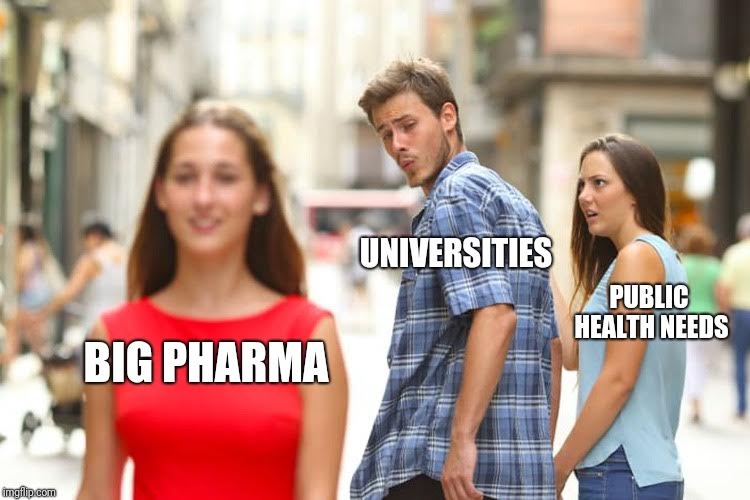I’m aghast at the situation in the USA right now, so I’m going to challenge myself and you to use art to help us come to terms with our history. I’m thinking of the Songs of Civil Rights music that broke color lines and brought awareness to the issues facing society. I’m thinking of the art made by the children to help make sense of the atrocities that they experienced at the Japanese Internment Camps, in Puyallup. I’m thinking of how the documentary, “Surviving R Kelly” successfully ended the career of a predator.
I’m thinking of how Beyoncé used her platform as an artist to shine a light on black excellence, black colleges and black humanity. Her Homecoming performance breathed a sense of belonging into the culture at a time when we were all feeling distraught and beat down. I daresay that her celebration of the HBCU experience may have indirectly led billionaire Robert Smith to promise to pay off all of the school loans for the graduating class of 2019, at my proud alma mater, Morehouse College. Of course, that is just conjecture, but I know the power of art, and its ability to inspire and empower.
So what are YOU going to do, today, tomorrow, next week, that changes the world so that our children won’t travel the world upset? So that our children won’t feel distraught and beat down. So that our children won’t have to doubt their own humanity. Instead they can say “yeah when the ish hit the fan, my folks promised to Make Art Anyway.”

